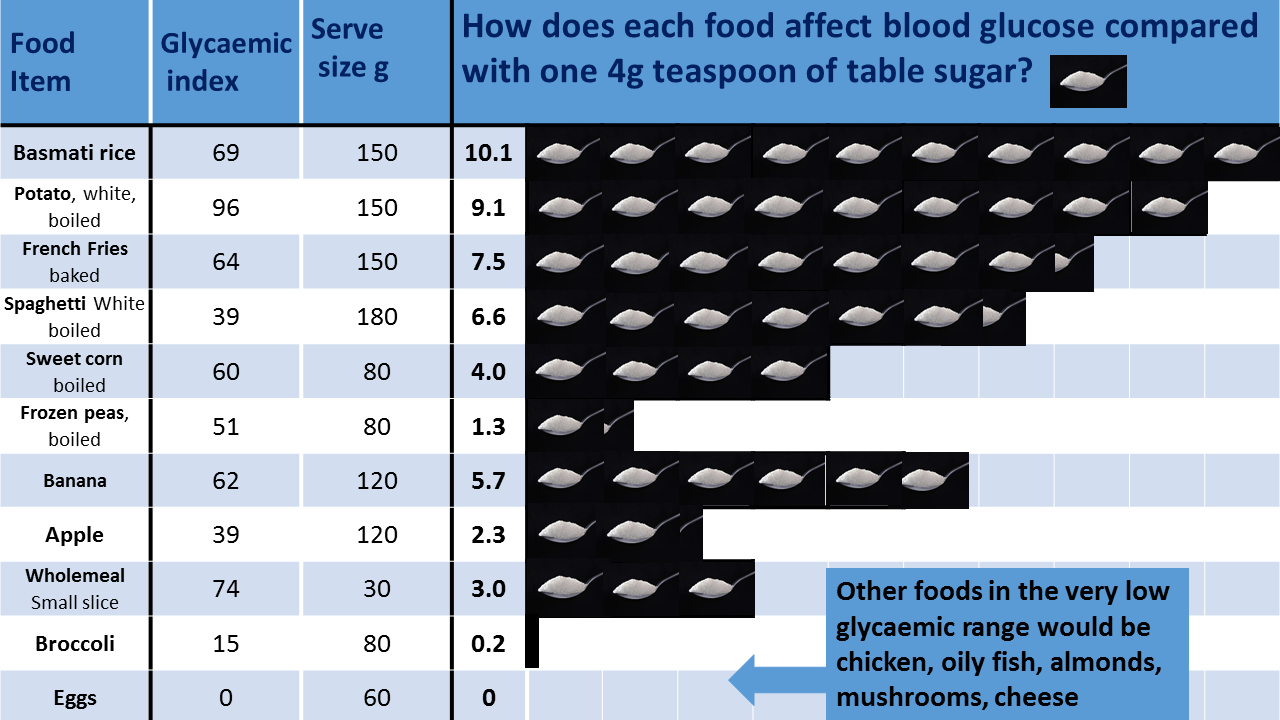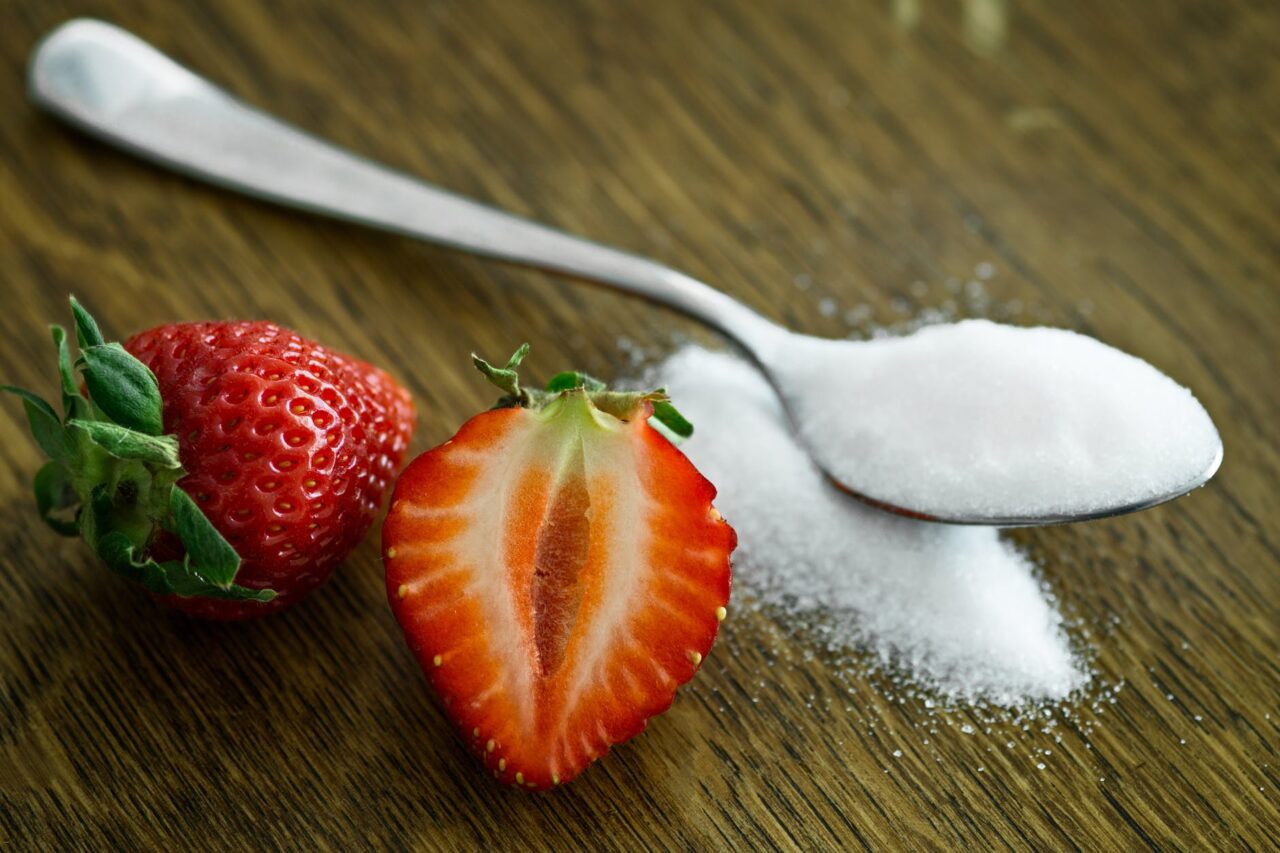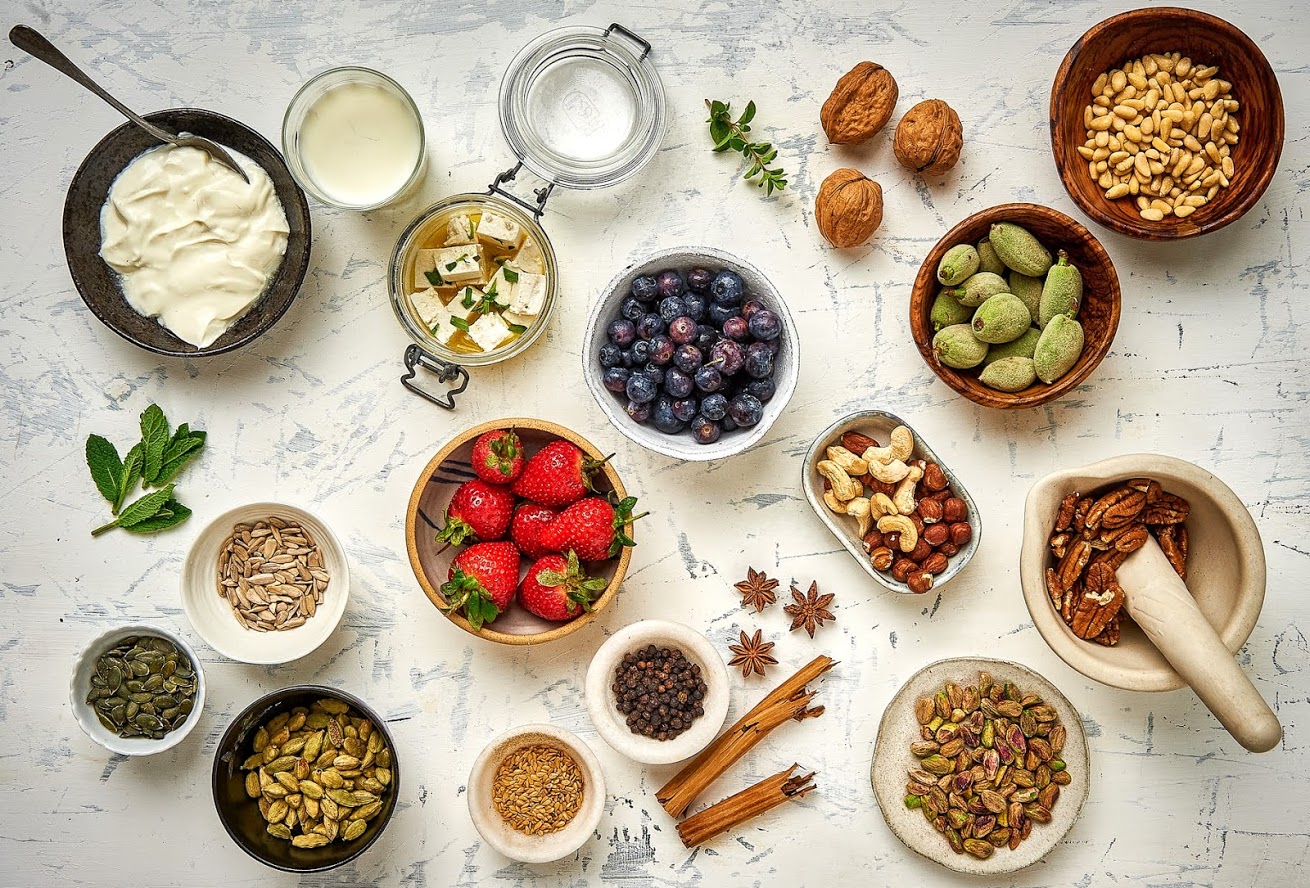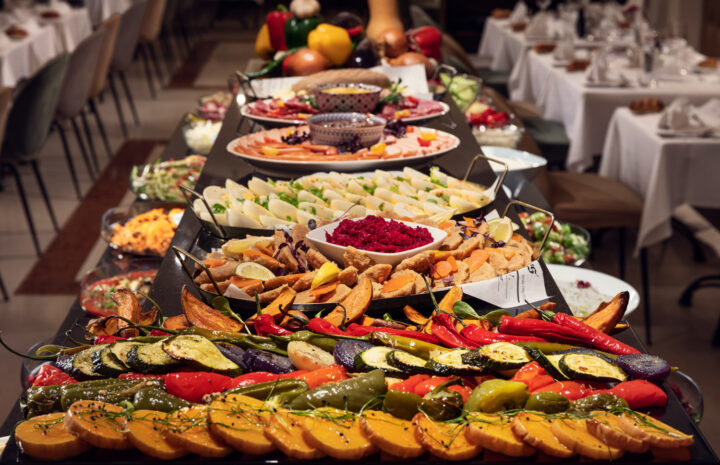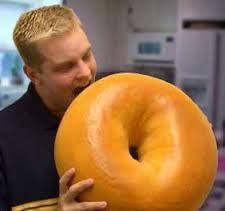
I once went to a wedding where the groom, (a little overweight) described having had a sign on his bedroom door reading: ‘Only enter bearing bagels!’ There was almost certainly a link between his weight and these bagels.
A few weeks ago, together with my friend and nutrition advisor, Eva Dome, I went to meet the ‘Low Carb GP’ Dr David Unwin, at his surgery in Southport. I had got to see him through exerting quite a bit of chutzpah. After several emails and no word back, I’d rung his practice nurse, who agreed to meet me and then passed me on to the boss!

Trail Blazing

He was lean, thinning on top and very friendly. He has been named ‘NHS Innovator of the Year’ because of his work on the Low Carb diet and especially because he’s helped over 100 of his patients to improve or even reverse their type 2 diabetes and pre-diabetes and to overcome obesity. Although not having diabetes, he went on the diet himself, out of solidarity with his patients. His results have been so good that some of his staff have also taken up the diet.
Starchy Foods are broken down to glucose
The basis of his message is that not only is sugar harmful, but also that bread, rice, pasta and potatoes etc. are broken down into surprisingly large amounts of glucose, even the brown versions / sweet potatoes. (This latter was counter-intuitive for me and I still much prefer wholemeal bread and wholegrain versions of rice and pasta and sweet potatoes, because the glucose is released more slowly and there are more nutrients and fibre than in the white versions.) However for a person with diabetes, a bowl of rice will raise the blood glucose as if they had 9-10 teaspoons of table sugar. White potatoes have a similar impact and spaghetti raises glucose levels as if having 7 teaspoons of sugar.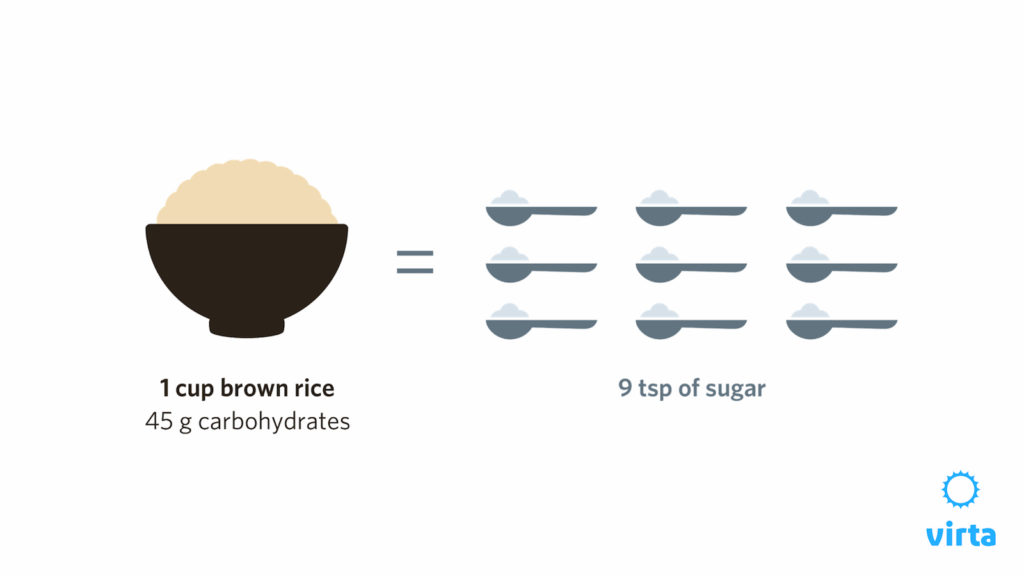
Fructose May be Worse than Glucose
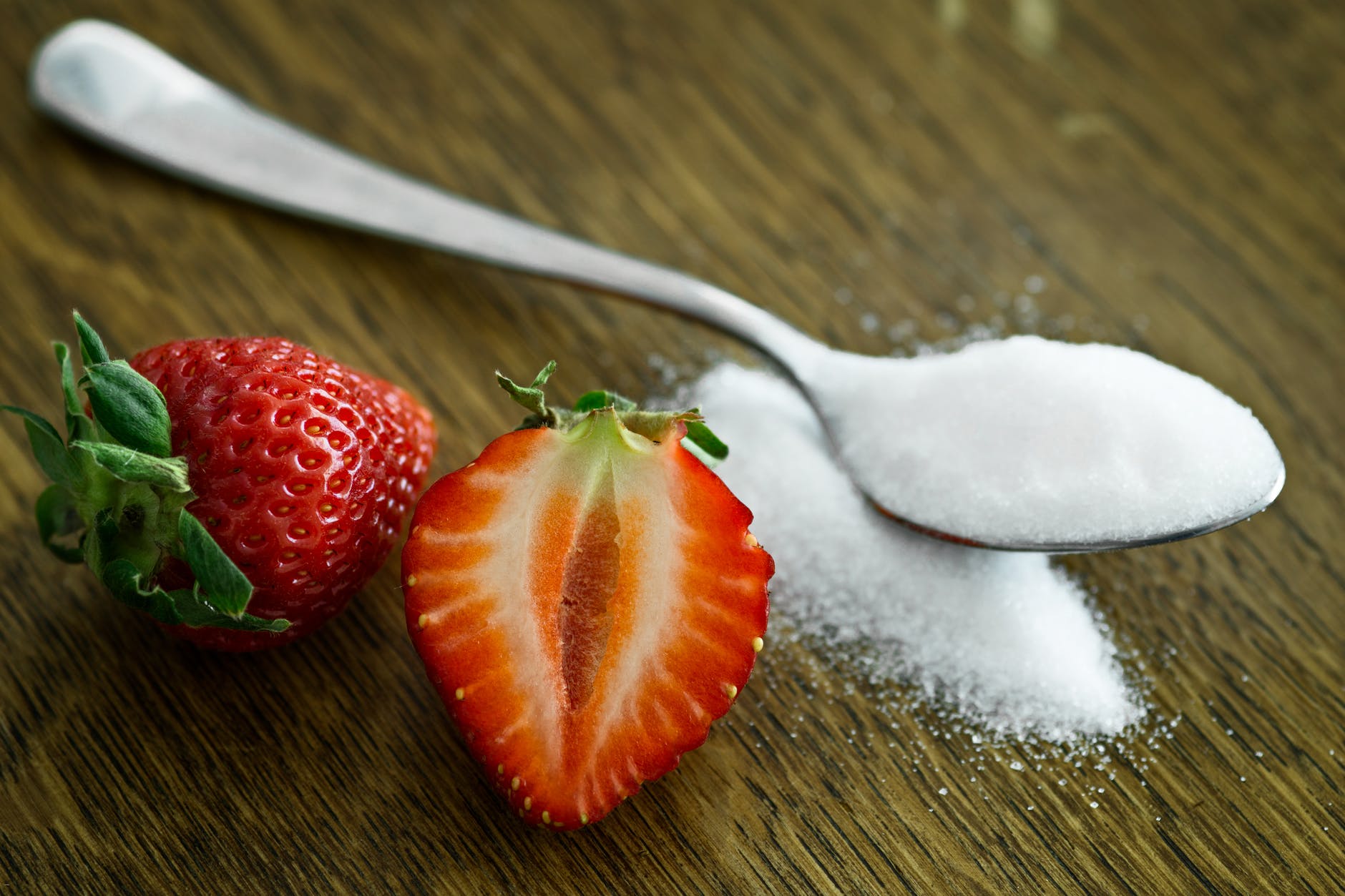
Table sugar appears to be worse for your metabolism than glucose. It is made up of both glucose and fructose. The fructose is a higher risk for developing a fatty liver. Fructose is present in fruits, but here the fibre reduces any harm. If you don’t have a tendency to diabetes, glucose alone may be relatively safe. However, people with pre-diabetes and diabetes appear to be intolerant of those foods which break down into glucose (and also table sugar.)
What not to Eat
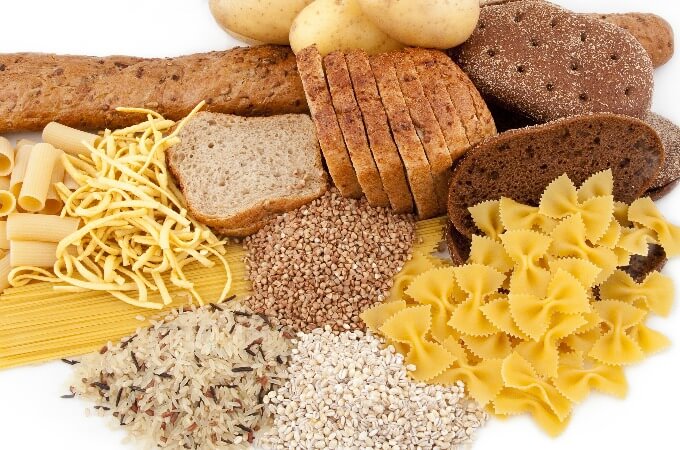
The low carb diet means avoiding sugar, cakes and biscuits and having a lot less bread, pasta, rice and potatoes and also reducing starchy vegetables, such as beans, sweetcorn and root vegetables including parsnips, turnips and swedes. Very sweet fruits are minimised also, including tropical fruits, such as pineapples, mangoes and ripe bananas and dried fruits.
What is Included
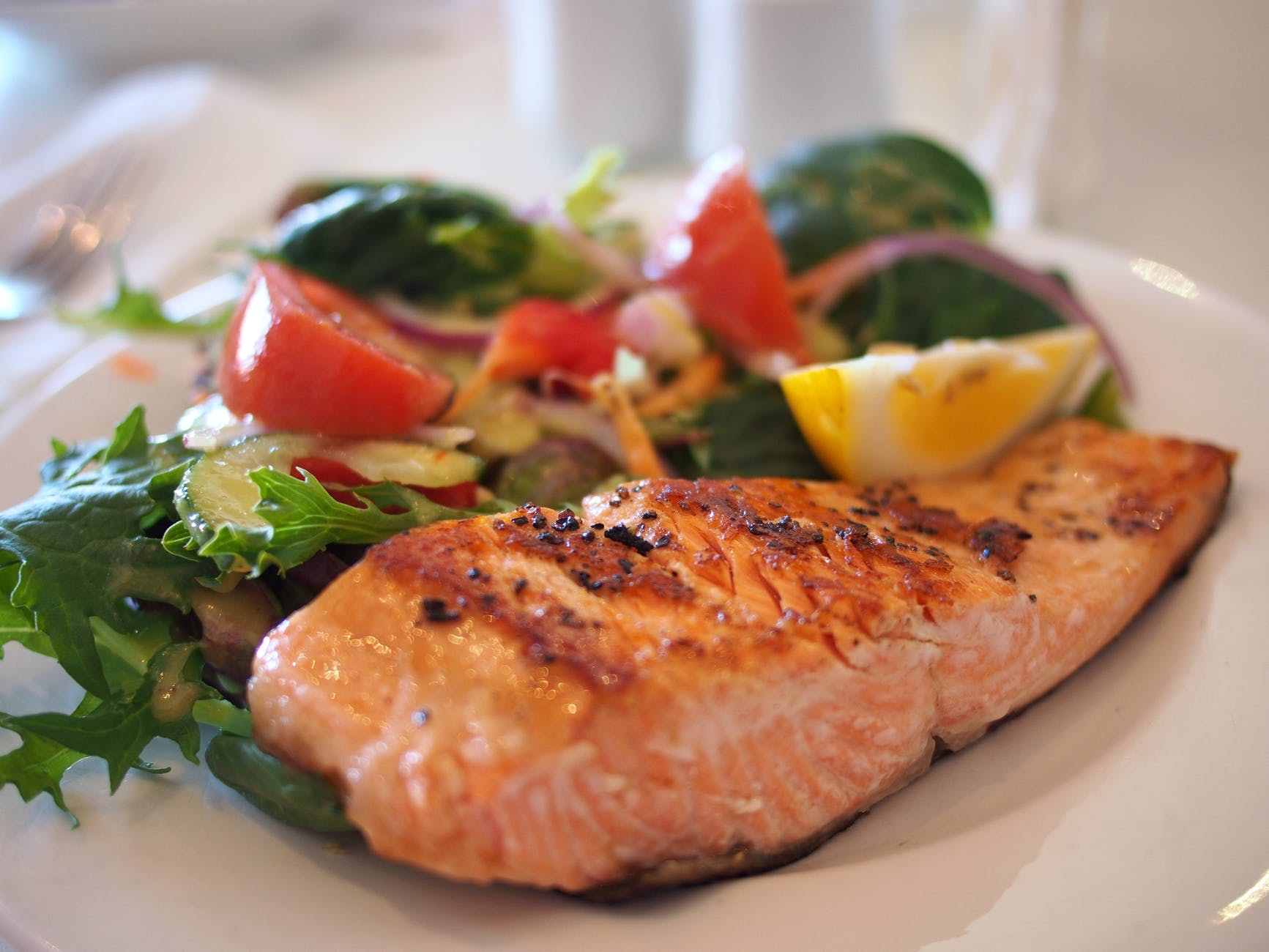
Other vegetables and fruits, including salads and berries, can be eaten in large quantities. Sources of protein, such as meat, fish, eggs, nuts, lentils and tofu are in. Also, healthy fats are encouraged, including extra virgin olive oil, rapeseed oil (I prefer cold-pressed) and sauces, including curry sauce, if without added sugar and also dressings and mayonnaise.
Is This a Keto Diet?
This isn’t a keto diet, as it is less strict. Patients on low carb usually take under 130g of carbohydrates daily, whereas keto is under 50g per day. Dr Unwin prefers patients to start on the regular low carb diet and only later progress to ‘keto’ if they are not reaching their goals and feel they need to take it further.
What Are the Advantages?
Going low carb is quite a dramatic dietary change for most people but a diagnosis of diabetes can be dramatic and life changing. In my years in medical practice my diabetic patients slowly and progressively had worse health, needing gradually more meds; I never saw a patient reverse their illness (except for 1 or 2 on intermittent fasting diets or after weight loss surgery.)

Dr Unwin says that he regularly sees patients reversing their diabetes and usually cutting the number of meds they need to take, not only for diabetes but also for blood pressure. He also sees their cholesterol improving, which is surprising, as there are no restrictions on meat or fats on this diet.
There have been unexpected benefits too. People have experienced improved energy levels, including in some patients with ME. Others have reported lower anxiety. Nerve pain can be an unpleasant side effect of diabetes, but this has lessened with low carb eating. Also, there have been less people suffering from migraines.?
Who Is It Not For?
Low carb eating isn’t suitable for children or those with eating disorders and the stricter keto dieting is not recommended for people with kidney stones, kidney disease, heart disease and osteoporosis. There are still not enough studies on long term safety, however we know that uncontrolled diabetes has a very poor long term health record. Many women with diabetes in pregnancy (known as gestational diabetes) have tried low carb eating with good results but this is not yet mainstream advice. Adequate B vitamins, protein and fibre are still essential in pregnancy e.g. from quinoa and beans. (See Gestational Diabetes.co.uk)
Want to Find Out More?
If you think that a low carb diet may suit you, it is possible to start with one low carb meal a day and then build up towards 3 meals daily. A useful website is diabetes.co.uk/lowcarb, a forum contributed to by Dr Unwin, which has nearly ½ million followers. He has also helped to write a book: ‘The Diabetes Weight-Loss Cookbook’ together with Katie and Giancarlo Caldesi.
